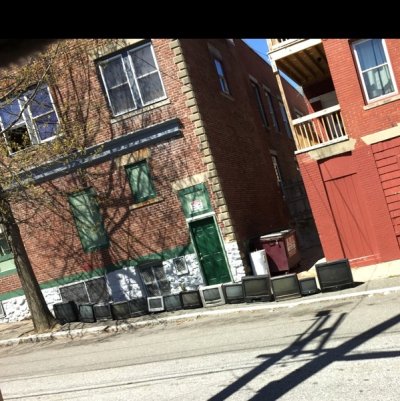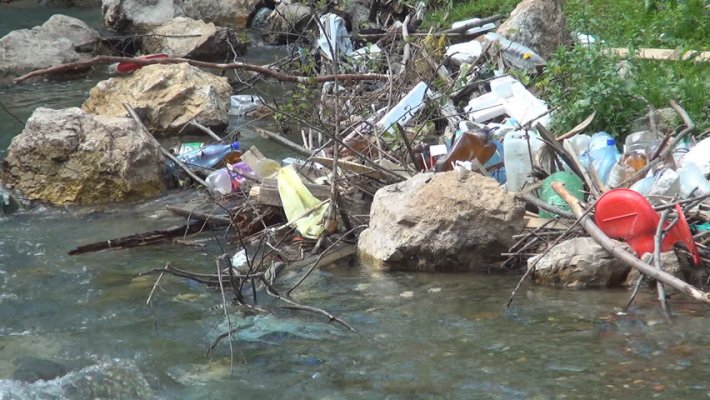I remember a thread about this, a year or two ago, but can't find it.
Anyway... the problem is getting rid of items that the landfill no longer accept, where breaking the law is punishable with large fines. No answers from local government.
The few times our town tried an amnesty program, the lines of cars and trucks were so long they created a traffic jams.
There have to be hundreds of millions of TV's, computers and other electronics and appliances tucked away in sheds, garages and storage facilities.
How does your town handle this? Disposal fees, as with vehicle tires? Nearest listed electronics disposal facility is 100 mile away.
Any suggestions?




